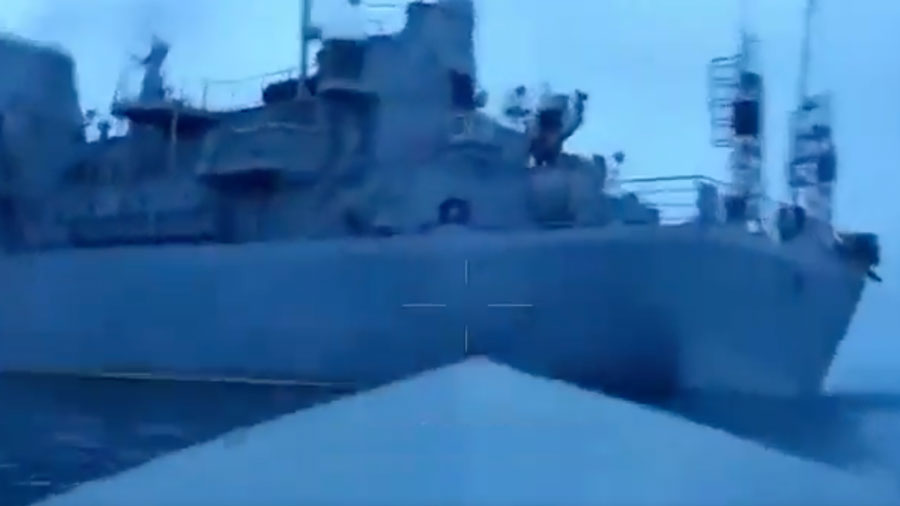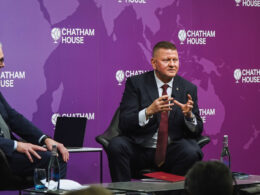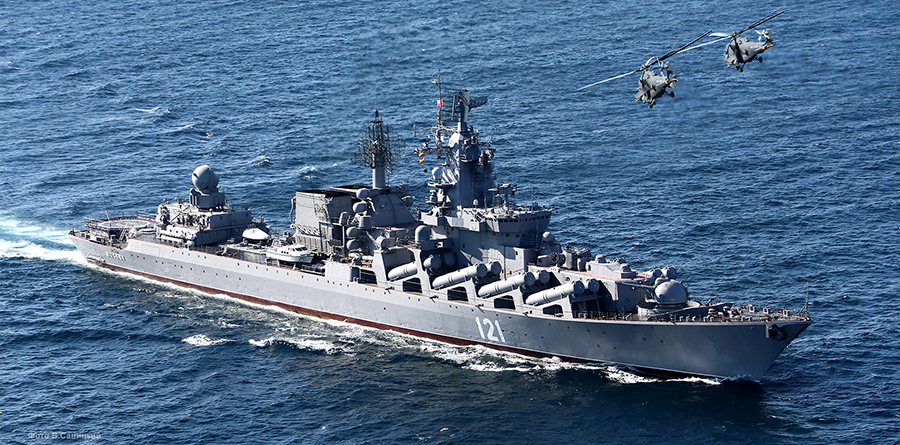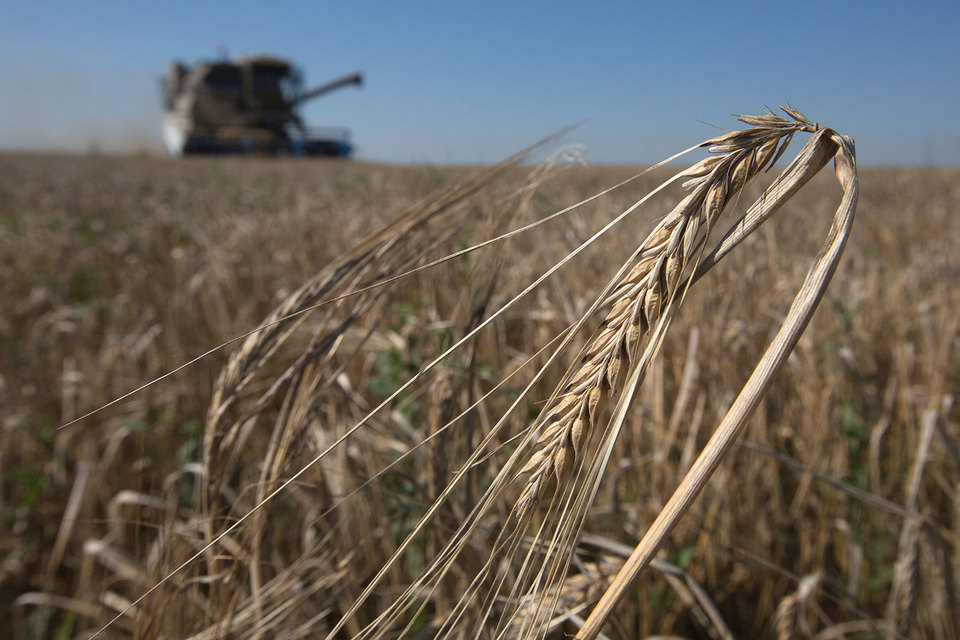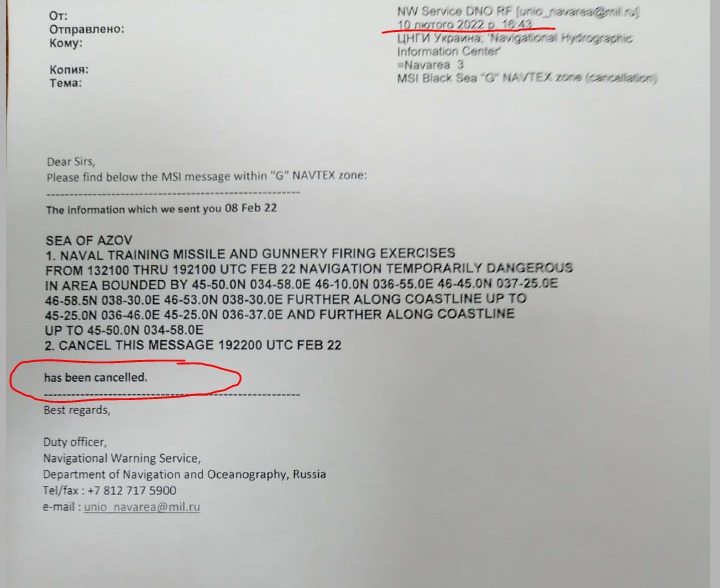
Earlier, on 9 February, Russia issued warnings about its closure of the Black and Azov Seas "for missile and artillery exercises," starting from 21:00 UTC 13 February 2022 to 21:00 UTC 19 February 2022. No corridors were provided for the passage of merchant ships. The Ministry of Foreign Affairs of Ukraine issued a statement condemning the Russian plans, as maneuvers make navigation virtually impossible in the area.
How Ukraine can prevent an imminent Russian blockade of the Black & Azov Seas
The Sea of Azov was planned to be blocked from the coast of the occupied Crimea to the coast of Russia's Krasnodar Krai, which meant a complete blockage of the movement of merchant ships to and from Berdiansk and Mariupol, the Ukrainian ports of Azov.

In its north-western part, the Black Sea is to be blocked up to the sea border of Ukraine. Depths in the 12-mile zone of Ukraine, which remains free for navigation, are insufficient for the passage of large merchant ships, which effectively means the full blockade of shipping for the time of the announced navy maneuvers.
Despite the current cancelation of the full blockade of the Sea of Azov, Russia continues to effectively control the only passage from the Black Sea to the Azov Sea.
The US Embassy to Ukraine called the Russian upcoming blockade "Russia's economic warfare against Ukraine":
Russia's economic warfare against Ukraine continues. Under the pretext of military exercises, Russia restricts Ukraine's maritime sovereignty, limits freedom of navigation in the Black Sea/Sea of Azov, & impedes maritime traffic essential to Ukraine's economy.
— U.S. Embassy Kyiv (@USEmbassyKyiv) February 10, 2022
The Ukrainian online newspaper Depo.UA commented on the matter, saying
"And here the question arises: can such actions of Russia be regarded as preparation for an attack on Ukraine from the sea? Unfortunately, it is possible. After all, if in the context of a potential Russian invasion on land you can comfort yourselves with thoughts about the insufficiency of troops pulled to the Ukrainian border for a full-scale offensive, then at sea Russia has a full advantage, both in quantity and quality."
Further reading:
- How Ukraine can prevent an imminent Russian blockade of the Black & Azov Seas
- Russia effectively seizes control of Sea of Azov, threatening Ukraine
- Four ways NATO can help Ukraine resist Russian aggression
- Russia rapidly moving landing ships, submarines of Baltic, Northern & Pacific fleets to Black Sea
- Russia closing off more of Black Sea even as it pulls its land forces back from Ukrainian border
- Russia violating international law by closing Kerch Straits to naval vessels until October, Kyiv says
- “Black Sea mosquito fleet”: how the UK will help Ukraine regain its naval footing (2020)
- Ukraine signs Memorandum to modernize its Navy, new partnership and trade agreement with the UK
- Moscow moving 15 warships from Caspian Sea to waters off Ukraine
- Russian attack on Ukrainian ships: who has a right to do what in the Azov Sea (2018)
- Russia takes 24 prisoners of war after attacking Ukrainian ships in Azov, televises “confessions”


